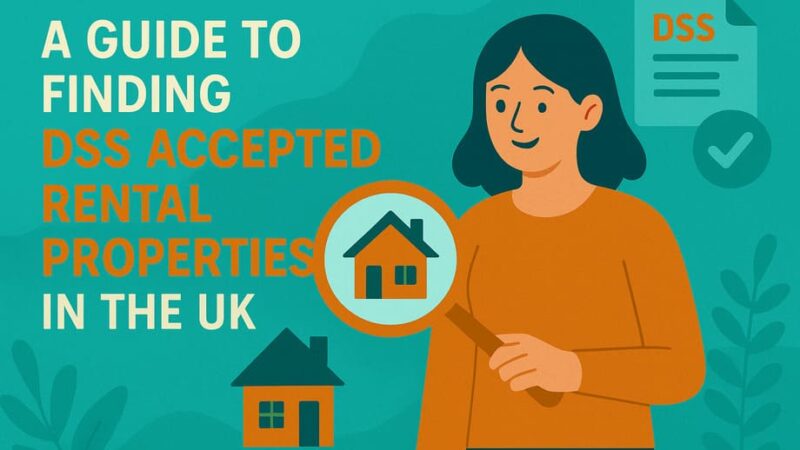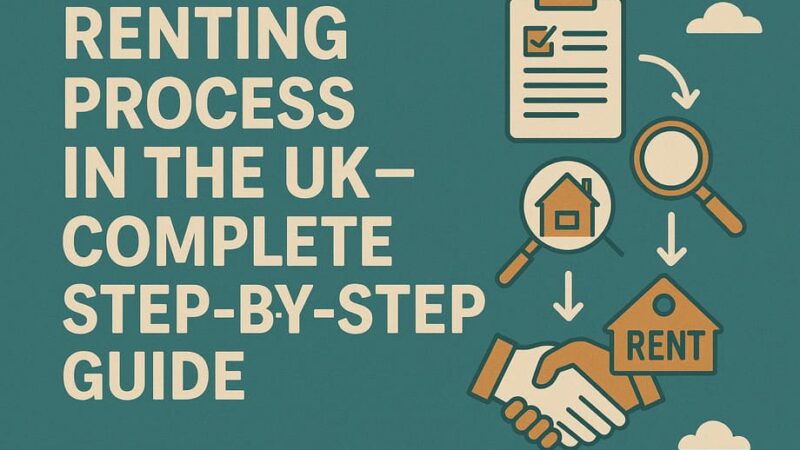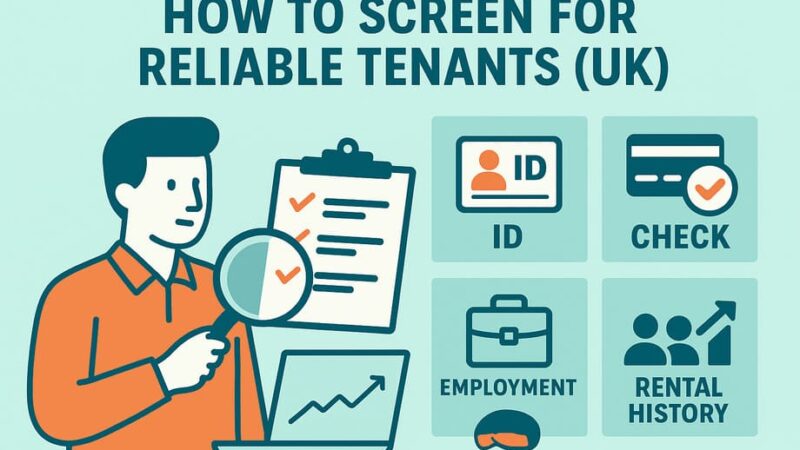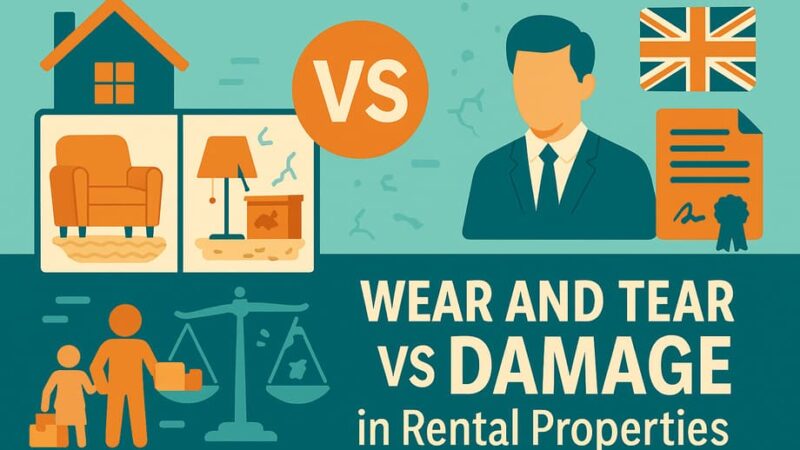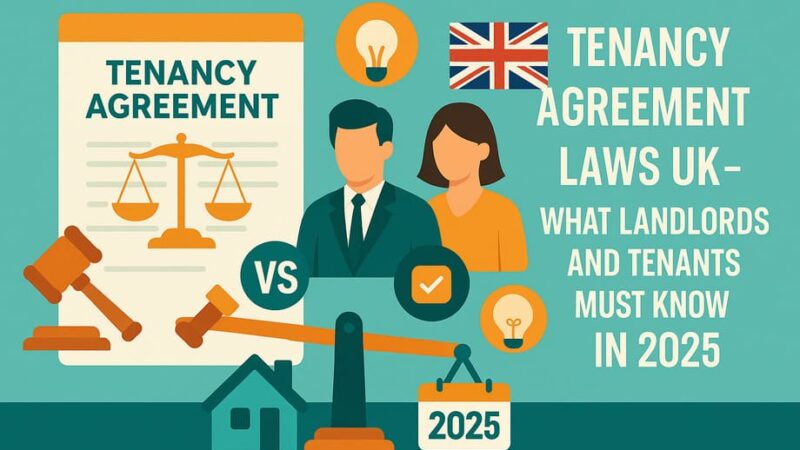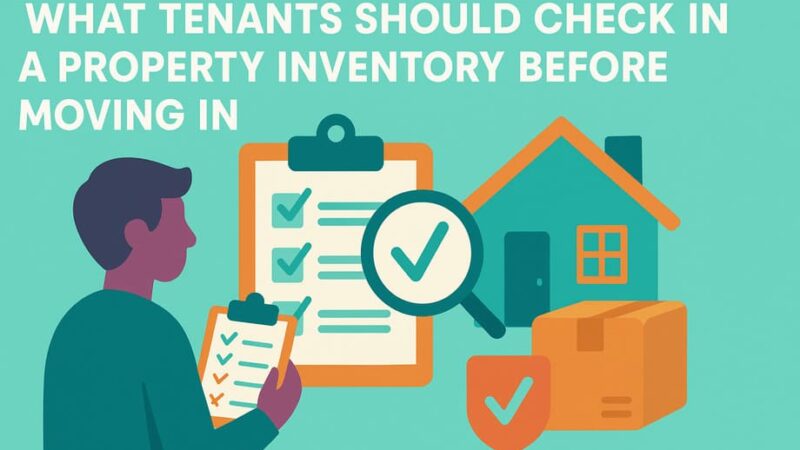What Happens If You Don’t Pay Rent on Time?
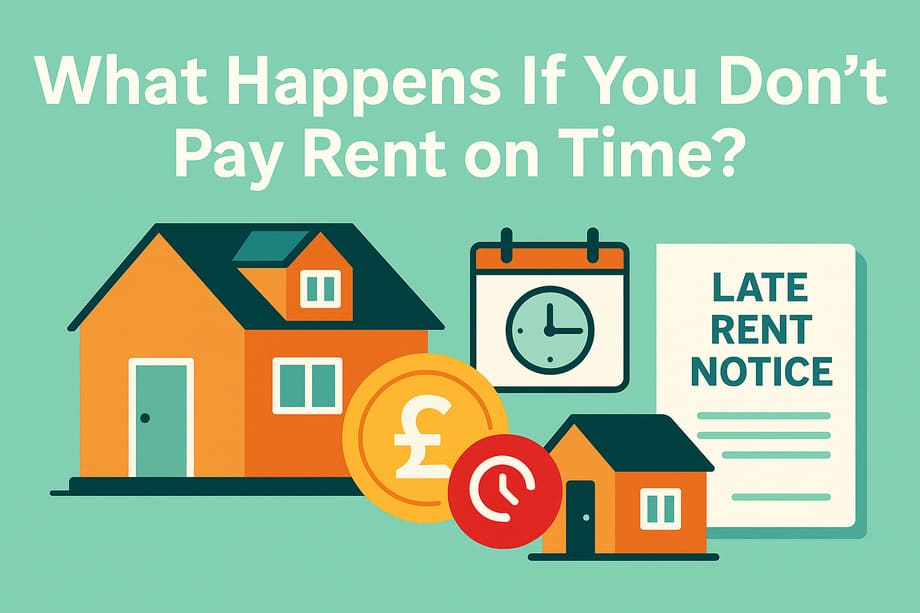
Missing a rent payment can feel overwhelming, but you’re not alone. Life happens unexpected expenses, delayed wages, bank errors, or genuine financial hardship can all disrupt your ability to pay rent on time. While late rent can have serious consequences, understanding your rights and knowing how to respond can help you navigate this challenging situation effectively.
The key reality: Being late with rent doesn’t automatically mean eviction or disaster, but ignoring the situation will only make things worse. UK law provides protections for tenants, but it also gives landlords clear procedures to recover unpaid rent. Your best strategy is understanding what happens next and taking proactive steps to resolve the issue.
With recent changes to UK rental law through the upcoming Renters’ Rights Bill and existing tenant protections, knowing your rights has never been more important. Let’s explore exactly what constitutes “late rent,” the potential consequences, and most importantly, how to protect yourself and resolve payment issues.
What Counts as “Late Rent”?
Rent is considered late the moment it’s overdue according to your tenancy agreement. If your contract states rent is due on the 1st of each month, paying on the 2nd technically makes you late—even by just one day.
However, there’s an important distinction between being technically late and facing actual consequences:
Technical vs. Practical Late Payment:
- Technical: Any payment after the due date specified in your lease
- Practical: When landlords typically take action (usually after several days or weeks)
Grace Periods in the UK: Unlike some countries, the UK has no statutory grace period for rent payments. However, your tenancy agreement may include one. Common arrangements include:
- No grace period: Late fees or action can begin immediately after the due date
- 3-7 day grace period: Time to pay without penalty (if specified in your lease)
- 14-day threshold: Under the Tenant Fees Act 2019, landlords cannot charge late fees until rent is more than 14 days overdue
What Your Lease Should Specify:
- Exact due date and time for rent payments
- Any grace period before late fees apply
- Amount and calculation of late fees
- Payment methods accepted
- Consequences for continued non-payment
Common Due Date Arrangements:
- Monthly on the 1st: Most common arrangement
- Monthly on move-in date anniversary: (e.g., if you moved in on the 15th, rent due on 15th of each month)
- Weekly or fortnightly: Less common but legally valid
- In advance vs. arrears: UK rent is typically paid in advance
Important Note: Even if you’re only one day late, you’re technically in breach of your tenancy agreement. However, most reasonable landlords won’t take immediate action for minor delays, especially if you communicate proactively.
Immediate Consequences of Late Rent
When you miss a rent payment, several consequences can occur relatively quickly, though the severity and timing depend on your landlord’s approach and your specific situation.
Late Fees
Under the Tenant Fees Act 2019, landlords’ ability to charge late fees is strictly regulated:
Legal Requirements for Late Fees:
- Cannot be charged until rent is more than 14 days overdue
- Interest rate capped at 3% above Bank of England base rate per annum
- Must be reasonable and proportionate to actual costs
Calculating Maximum Late Fees (as of 2024-2025):
- Base rate: 4% (as of August 2024)
- Maximum late fee rate: 7% per annum (4% + 3%)
- For £1,000 monthly rent, 30 days late: approximately £5.75 total
Example of Legal vs. Illegal Charges:
- Legal: £5.75 for £1,000 rent, 30 days late
- Illegal: £10 per day (as sometimes seen in tenancy agreements)
- Previously charged illegal fees: You may be able to reclaim these
What Landlords Cannot Charge:
- Administration fees for chasing rent
- Excessive daily charges
- Arbitrary penalty amounts not based on the legal calculation
- Fees for the first 14 days of lateness
If You’ve Been Charged Excessive Fees:
- Document all charges and payments made
- Calculate what the legal fee should have been
- Request refund or offset against future rent
- Seek advice from Citizens Advice if landlord refuses
Impact on Credit Score (Some Countries)
In the UK, late rent payments don’t automatically affect your credit score, but they can in specific circumstances:
Direct Credit Impact:
- Late rent itself is not routinely reported to credit agencies
- Your tenancy agreement generally doesn’t appear on credit reports
- Exception: If rent arrears lead to court action, County Court Judgements (CCJs) will severely impact your credit
Indirect Credit Consequences:
- Court judgements: CCJs remain on credit file for 6 years
- Debt collection: If landlord uses debt collection agencies, this may be reported
- Future rental applications: Landlords may request references and credit checks
- Bank account issues: Persistent overdrafts to pay rent can affect credit
When Credit Impact Occurs:
- Landlord takes you to court and wins judgement
- Debt is sold to collection agency that reports to credit bureaus
- You use credit cards or overdrafts repeatedly to pay rent
- Landlord reports unpaid rent as debt to credit agencies (rare but possible)
Protecting Your Credit Score:
- Address rent arrears before court action
- Don’t use credit cards for rent unless you can pay them off immediately
- Keep detailed records of all payments and communications
- Seek debt advice if struggling with multiple payments
Legal Actions Landlords Can Take
When rent remains unpaid, landlords have legal remedies available, but they must follow specific procedures. Understanding these processes helps you know what to expect and how to respond.
Notice to Pay or Quit
In the UK, landlords typically begin with informal contact before issuing formal notices:
Initial Contact (First Few Days):
- Phone call, text, or email reminder
- Usually friendly and understanding in tone
- Opportunity to explain circumstances and arrange payment
Formal Demand for Rent (After 1-2 weeks):
- Written letter stating amount owed
- Demand for immediate payment
- Warning of potential further action
- Should be sent by recorded delivery
Section 8 Notice (After 2 months of arrears):
- Legal requirement: Can only be served when at least 2 months’ rent is owed
- Notice period: Usually 2 weeks, but varies by circumstances
- Grounds specified: Must state which tenancy breach grounds apply
- Formal legal document: Must use correct prescribed forms
Current Section 8 Process:
- Ground 8: Mandatory ground if 3 months’ rent owed at notice date and hearing date
- Ground 10: Discretionary ground if some rent is owed
- Ground 11: Discretionary ground for persistent late payment
Upcoming Changes (Renters’ Rights Bill 2024-25):
- Extended notice periods: 4 weeks instead of 2 weeks for rent arrears
- Higher threshold: Need 3 months of arrears instead of 2 months
- Abolition of Section 21: No more “no-fault” evictions
- Court involvement: All evictions will require court proceedings
Eviction Process Explained
The eviction process is lengthy and involves multiple stages, giving tenants several opportunities to resolve the situation:
Stage 1: Notice Period (2-4 weeks)
- Tenant can pay arrears and stay in property
- Landlord cannot take further action during valid notice period
- Tenant should seek advice and explore options
Stage 2: Court Application (If tenant doesn’t leave)
- Landlord applies to court for possession order
- Usually takes 8-16 weeks to get hearing date
- Tenant receives court papers and hearing date
- Opportunity to defend or negotiate settlement
Stage 3: Court Hearing
- Mandatory grounds: Court must grant possession if legal requirements met
- Discretionary grounds: Court considers if eviction is reasonable and proportionate
- Possible outcomes: Outright possession, suspended possession, or case dismissed
Types of Possession Orders:
- Outright possession: Must leave by specified date
- Suspended possession: Can stay if meet payment conditions
- Postponed possession: Delayed eviction with conditions
Stage 4: Bailiff Action (If tenant doesn’t leave after court order)
- Landlord applies for warrant of possession
- Court bailiffs arrange eviction date
- Typically 14 days notice before bailiffs arrive
- Last opportunity to negotiate or seek emergency help
Timeline Summary:
- Informal contact: Days/weeks
- Formal notice: 2-4 weeks notice period
- Court application to hearing: 8-16 weeks
- Possession order to bailiff action: 2-4 weeks
- Total process: 4-8 months minimum
Important Protections:
- Illegal eviction: Landlord cannot force entry or remove belongings
- Court oversight: All evictions must be court-approved
- Winter protection: Some courts reluctant to evict families in winter
- Emergency stays: Possible to delay bailiffs in exceptional circumstances
Tenant Rights and Protections
Despite being late with rent, you retain significant legal protections as a tenant. Understanding these rights helps you respond appropriately and avoid being pressured into inappropriate actions.
Grace Periods
While UK law doesn’t mandate grace periods, you may have protections built into your tenancy or through statute:
Contractual Grace Periods:
- Check your tenancy agreement: Some leases specify grace periods
- Common arrangements: 3-7 days without penalty
- Enforceable: If in your contract, landlord must honor it
- Written confirmation: Get any verbal arrangements in writing
Statutory Protections:
- 14-day late fee rule: Cannot charge fees until rent is 14+ days late
- Reasonable notice: Landlord should contact you before taking formal action
- Proportionate response: Courts expect landlords to be reasonable for minor delays
Practical Grace Periods (Unofficial):
- Most professional landlords allow 3-7 days for practical reasons
- Banks may delay transfers, causing innocent delays
- Weekend/holiday adjustments common
- Don’t rely on this: Always communicate if you’ll be late
Rent Repayment Plans
You have the right to propose payment arrangements, and many landlords will consider reasonable proposals:
Formal Payment Plans:
- Propose realistic amounts: Based on your actual income and expenses
- Include current rent: Plan must cover ongoing rent plus arrears
- Get it in writing: Email confirmation or formal agreement
- Stick to the plan: Missing agreed payments undermines future negotiations
What Makes a Good Payment Plan:
- Current rent paid in full and on time going forward
- Regular arrears payments: Weekly or monthly installments
- Realistic timeline: Usually 6-12 months maximum
- Buffer for unexpected costs: Don’t promise everything you earn
Example Payment Plan:
- Current rent: £800/month (must be paid in full)
- Arrears owed: £1,600 (2 months)
- Proposed arrears payment: £200/month
- Total monthly payment: £1,000 for 8 months
Legal Status of Payment Plans:
- Voluntary agreements: Landlord not obliged to accept
- Court protection: Courts often approve reasonable plans
- Suspension of possession: Payment plan can pause eviction proceedings
- Breach consequences: Failing to meet agreed plan weakens your position
How to Handle Rent Payment Problems
When facing rent payment difficulties, your actions in the first few days and weeks can significantly impact the outcome. Proactive communication and seeking appropriate help early are your best strategies.
Communicate With Your Landlord Early
Contact your landlord immediately when you realize you’ll be late or unable to pay. Early communication builds trust and often leads to more favorable arrangements.
Best Practices for Communication:
Be Proactive:
- Contact landlord before rent is due if you know you’ll be late
- Don’t wait for them to contact you
- Call first, then follow up in writing (text, email, letter)
Be Honest and Specific:
- Explain the genuine reason for the delay
- Provide a realistic date when you can pay
- Don’t make promises you can’t keep
- Be specific about amounts and timescales
Be Professional:
- Remain calm and courteous, even if stressed
- Acknowledge your responsibility to pay rent
- Show you’re taking the situation seriously
- Keep records of all communications
Sample Communication:
“Hi [Landlord name], I’m calling to let you know I’ll be 5 days late with this month’s rent due to a delay in my salary payment from overseas. I will have the full amount of £800 by Friday 6th and will transfer it immediately. I apologize for any inconvenience and will keep you updated. This is not expected to happen again.”
What NOT to Say:
- “I can’t afford the rent anymore” (unless seeking to end tenancy)
- “I’ll pay when I can” (too vague)
- “It’s not my fault” (even if true, focus on solutions)
- Making unrealistic promises about future payments
Document Everything:
- Keep records of calls, texts, emails
- Screenshot/save landlord responses
- Note dates, times, and what was discussed
- This protects you if situation escalates
Explore Government or Student Assistance
Multiple sources of help are available, but you need to apply quickly and meet eligibility criteria:
Housing Benefit/Universal Credit:
- Housing Element of Universal Credit: Covers rent for eligible claimants
- Direct payment option: Can be paid directly to landlord if 2+ months in arrears
- Alternative Payment Arrangement (APA): Request UC housing element goes to landlord
- Advance payments: May be available if application pending
Discretionary Housing Payments (DHP):
- Extra help: When Housing Benefit/UC doesn’t cover full rent
- Local council administered: Different criteria and amounts by area
- Don’t need to repay: Unlike loans, DHPs are grants
- Apply quickly: Limited budgets, first-come-first-served basis
Local Authority Support:
- Homelessness prevention funds: Help with rent arrears to prevent eviction
- Emergency assistance: Crisis support for immediate needs
- Council tax support: Reduce other bills to free up money for rent
- Welfare advice: Help maximizing benefit entitlements
Charitable Support:
- Turn2Us: Online benefits calculator and grant finder
- Local charities: Area-specific assistance programs
- Religious organizations: Often help regardless of faith
- Professional bodies: Support for members in specific industries
Student-Specific Support:
- University hardship funds: Emergency grants for students in crisis
- Student loans: Additional support loans may be available
- Accommodation office: University advice on housing issues
- Students’ union: Advocacy and support services
Employment Support:
- Advance from employer: Request early payment or loan
- Credit union loans: Lower-interest alternative to payday loans
- Budgeting advances: From Universal Credit for essential costs
- Pension/savings: Early access in genuine emergencies
Final Thoughts – Avoiding Long-Term Issues
Late rent payment is stressful, but it doesn’t have to become a crisis. Understanding your rights, communicating effectively, and seeking appropriate help can often resolve the situation without long-term consequences.
Key Takeaways for Tenants:
Act Quickly:
- Contact your landlord as soon as you know there’s a problem
- Don’t ignore the situation hoping it will resolve itself
- Early action gives you more options and builds goodwill
Know Your Rights:
- Landlords cannot charge late fees for the first 14 days
- Eviction is a lengthy legal process with multiple protections
- You cannot be illegally evicted or have utilities disconnected
- Court proceedings give you opportunities to defend or negotiate
Seek Help Early:
- Citizens Advice provides free, impartial guidance
- Local councils have homelessness prevention services
- Benefit entitlements may cover more than you realize
- Professional debt advice can help with budgeting and negotiations
Maintain Perspective:
- One late payment rarely leads to eviction
- Most landlords prefer keeping good tenants to finding new ones
- Courts are reluctant to make families homeless for minor arrears
- Payment plans and settlements are often possible
Future Prevention:
- Set up direct debits to ensure rent is paid automatically
- Build emergency savings equivalent to 1-2 months’ rent
- Review your budget regularly to identify potential problems early
- Consider whether your current rent is sustainable long-term
Looking Ahead: The upcoming Renters’ Rights Bill will provide even stronger tenant protections, including longer notice periods for evictions and higher thresholds for rent arrears actions. However, these shouldn’t be relied upon to avoid addressing payment problems promptly.
Remember: Your landlord’s income may depend on your rent, just as your home depends on maintaining your tenancy. Approaching the situation with understanding and professionalism often leads to mutually beneficial solutions.
If you’re struggling with rent payments, you’re not alone, and help is available. Take action early, know your rights, and don’t hesitate to seek professional advice when needed. With the right approach, late rent can be a temporary problem rather than a housing crisis.
Last Updated on September 8, 2025 by James Cartwright


